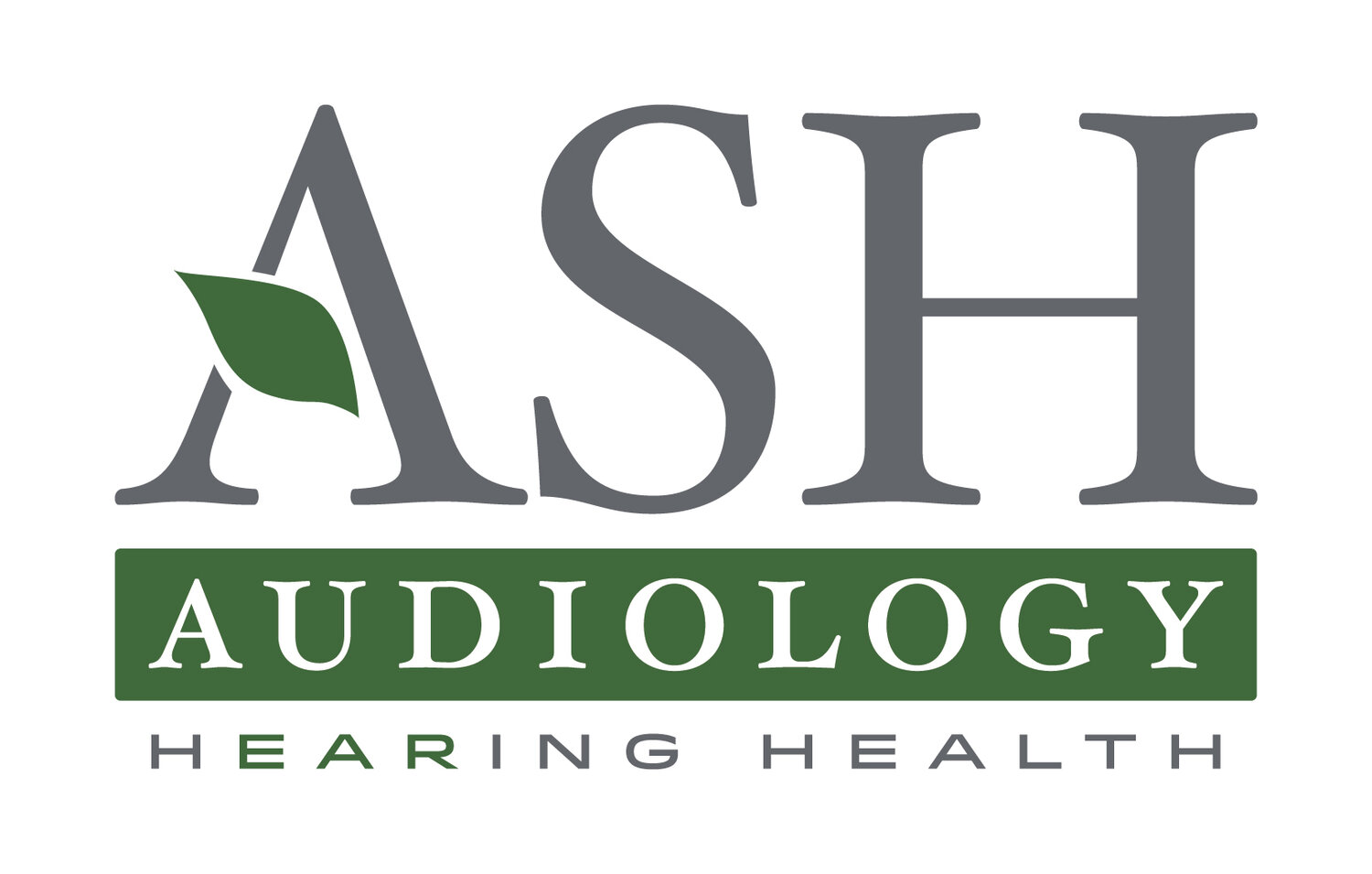Audiologist or Hearing Aid Dispenser: What’s the difference?
What’s an audiologist?
An audiologist is someone who has earned their doctorate degree in the study of audiology, which is hearing and balance disorders. Audiologists have their own degree, called the “Au.D.”, which is a 4-year doctoral degree that includes a 1-year residency training period and a 4-year bachelor’s degree. They must also complete a national certification exam to obtain their license. Audiologists are trained to diagnose, manage, and treat hearing or balance problems for individuals from birth through adulthood. They can also bill health insurance, Medicare, and Medicaid for their work.
Are audiologists doctors?
Yes, audiologists are doctors. However, they are not physicians, like an M.D. or D.O. doctor. Audiologists can diagnose hearing and balance problems in adults and children. They can fit and adjust hearing aids, cochlear implants, and other hearing devices, as well as clean out earwax and recommend balance therapy and aural rehabilitation. They are trained to recognize ear-related medical problems. However, they cannot prescribe medication and will refer patients to a specialist if they suspect there is a medical problem.
What’s a hearing aid dispenser?
A hearing aid dispenser is someone who is certified to only sell hearing aids. To qualify to be a hearing aid dispenser, you must be a high school graduate and pass a certification exam. Hearing aid dispensers are not medically trained like audiologists. Dispensers are not able to sell hearing aids to children, work with cochlear implants, clean out earwax, or diagnose or treat tinnitus, auditory processing disorders, or balance problems. They are also unable to bill health insurance, Medicare, or Medicaid for their services.
Are hearing aid dispensers doctors?
No. Hearing aid dispensers are not required to have any specific education other than a high school degree. Some hearing aid dispensers may attempt to deceive consumers by wearing white coats like doctors. However, hearing aid dispensers are not doctors and do not have medical training.
Does it really matter whether I see an audiologist or hearing aid dispenser?
That’s a personal decision which is yours to make. However, audiologists have significantly more specialized training, and they can recognize if there may be something medically wrong. Hearing loss is associated with 9 of the top 10 most common chronic health problems for those over 65, including dementia, diabetes, and heart disease. A hearing aid dispenser is not trained to recognize if you may be at risk of a more serious health concern.
